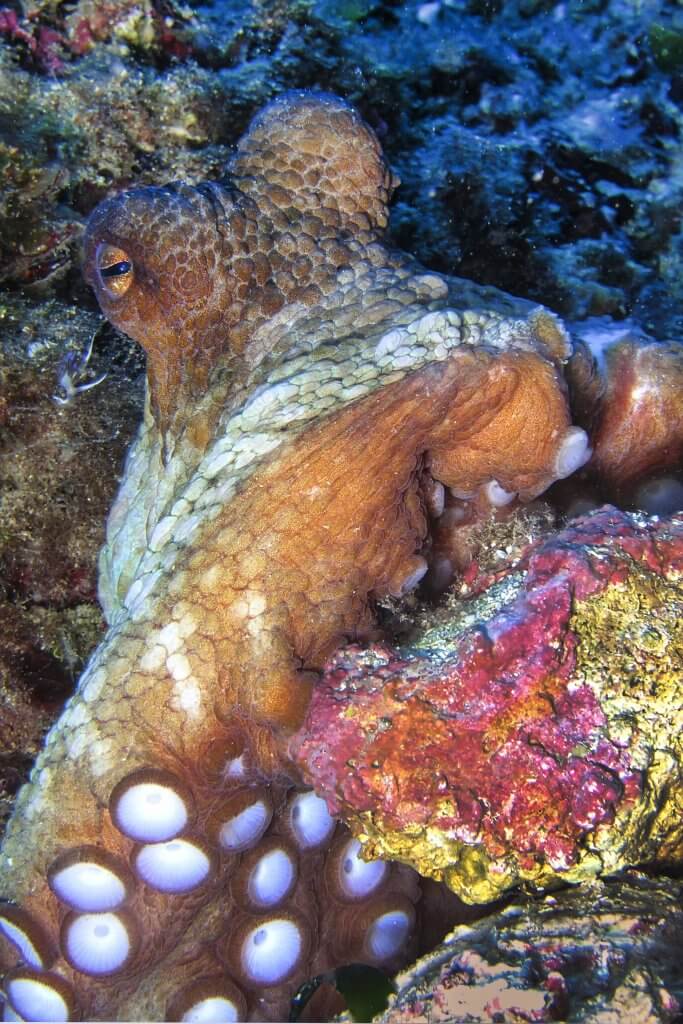Commercial species form a vital part of Europe’s marine ecosystems. While fisheries management has traditionally focused on these species in isolation, an ecosystem based approach (EBFM) dictates that their status and productivity must be examined in the context of their potential linkages with other social and ecological factors.
In this study, our Ecological Effects On Fisheries work theme worked with stakeholders across our Case Study regions, and conducted a thorough review of existing scientific knowledge, to establish a picture of the current understanding of such linkages.

Stakeholder consultations revealed that the impacts of climate change on stock productivity were of key concern, followed by species interactions, the status of cod stocks, pollution, the welfare of commercial fish/shellfish generally, and the effects of plankton.
An examination of existing scientific knowledge revealed that the majority of past studies have been conducted in the Baltic Sea and the North Sea, with relatively little focus on the Mediterranean Sea:
When compared with the stakeholder priorities identified via scoping consultations, climate change effects of stock through temperature and salinity were well-covered, as were the effects of plankton and species interactions. A lack of knowledge on the effects of pollution on productivity was identified, as well as a lack of insight on seabass, crabs, Norway lobster, octopus, shrimps, and ‘new species’ – all of which were cited as being of importance to stakeholders.
Going forward, key takeaways from this study will be used to form the direction of SEAwise research, with specific efforts being made to provide new knowledge that will cover existing gaps, and will be included in the development of the SEAwise EBFM support tool.
Find the full report, here.
Stay up to date with SEAwise news and research, hear about upcoming events, and receive updates on fisheries news from across the European seascape.